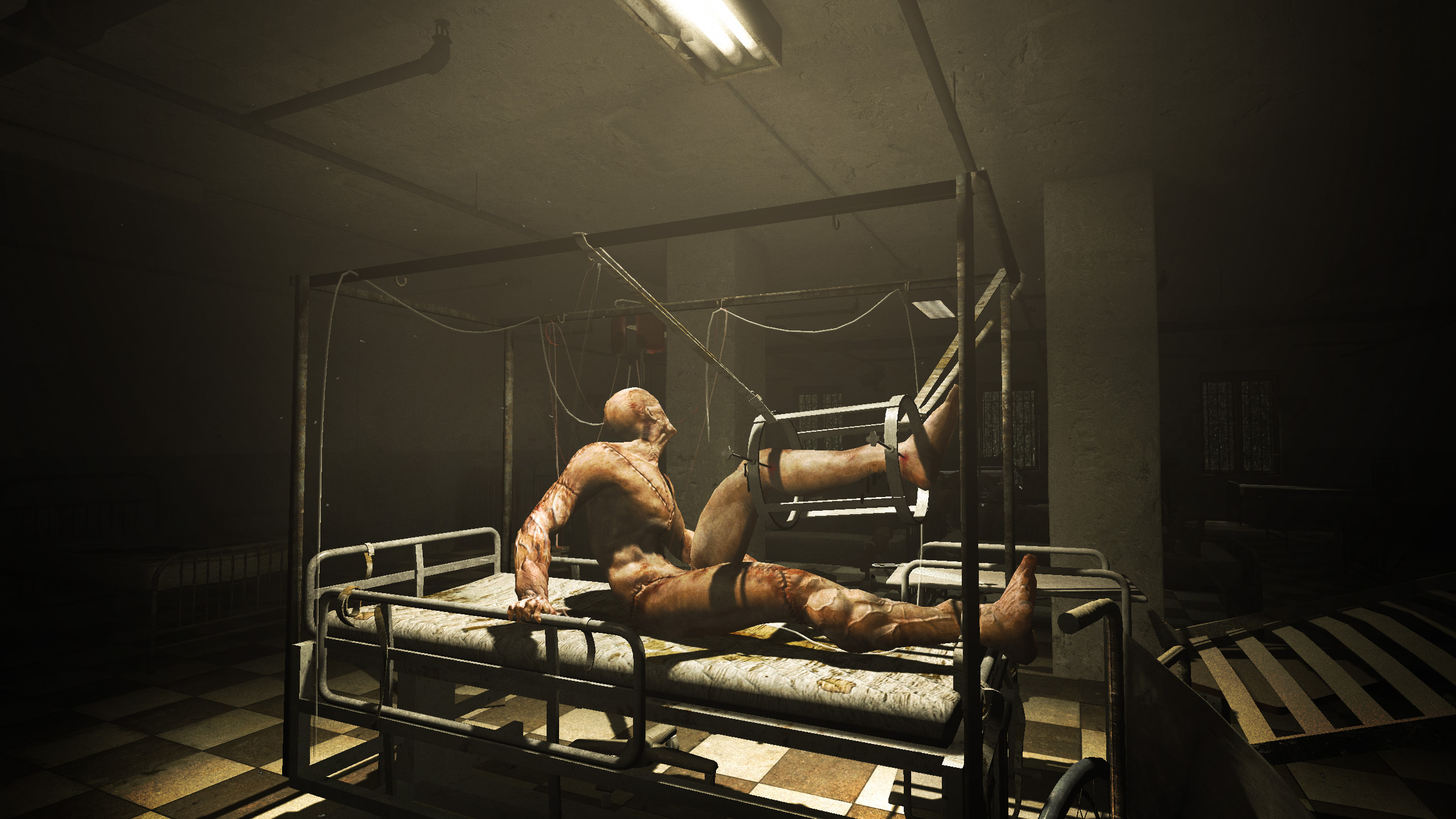This review was originally published in Lot’s Wife Edition 5: Identity
Games are what you make of them.
Assignments and exams put up a brave fight, but hopefully students everywhere were able to seize victory in their completion. May and June passed in a blur, yet fear not: stocktake sales are upon us.
Yes, as the semester winds down once more, video game sales are a warm breath of fresh air during an otherwise dreary Melbourne winter. Time to close the doors and turn on that computer once more.
Identity is precious in games, as it connects the player to every other aspect of the medium. Interactivity between the player and the protagonist is paramount. You are the hero in games. In most cases, you control the character that experiences or affects change.
Instead of settling for an easy choice in the form of an MMORPG (“massively multiplayer online roleplaying game”), I sought out a game that made me question both myself and others. I wanted something that was both easily accessible but not particularly well known. Something surprising. Something that had charm, that was easy to pick up and play, that had emotional depth.
I found Papo and Yo.
Minority, an independent studio founded in 2010, developed the game in 2012 with support and funding from Sony. It was originally released for the PlayStation Network, and then for Steam and the Humble Bundle store.
Papo and Yo is a third person 3D puzzle platformer. The main character is a young boy named Quico, who is accompanied by his friend “Monster”. Together, they must make their way through an ethereal world that rarely follows the proper laws of physics. Their combined strengths and weaknesses add an interesting facet to the puzzle-solving gameplay.
Unfortunately puzzles are not difficult. They require little more than foresight, a dash of perseverance and the ability to notice details and patterns. The game isn’t particularly long, either- between seven and fifteen hours, depending on the player’s speed and tendencies to linger or be distracted.
What the game does offer is an incredibly beautiful, interactive landscape, an interesting storyline and powerful, evocative characters and scenes.
The story is a haunting one, and begins with a boy hidden in a closet, afraid of something outside. A strange drawing then appears on a nearby wall. Upon touching it, he is transported to another place: a world modelled on a Brazilian favela, where many houses are piled on top of one another. A little lost and aimless at first, Quico makes the best of his strange situation: he travels with the placid “Monster”, attempts to befriend the strange girl Alejandra, and does his utmost to enjoy himself in the magical-graffiti riddled world beyond the closet. As the conflict intensifies, the seriousness of the subject matter is framed by Quico’s persistence in his quest and his loyalty to his strange, monstrous friend.
There are very few characters in this game. Monster, the self-titled ‘monster’-like companion that follows Quico; Lula, a small, yellow robot that doubles as a jet pack, is Quico’s fiercest protector; Alejandra, an energetic yet enigmatic girl; and the mysterious shaman, whom Alejandra believes can cure Monster of his illness.
You see, Monster has a problem. He’s a very simple creature: he likes to eat and sleep. Monster’s favourite foods are coconuts and frogs. The former make him placid and docile, the latter…
Well, then it becomes more than just a puzzle game: balancing Monster’s strange powers is a matter of survival. Monster is scary. Jumping and timing become even more essential as the stages grow trickier, and knowing that Quico’s plaintive screams of pain would echo through my ears was stressful in itself.
The game takes the player through an adventure of innocence destroyed, a story of the pain suffered at the hands of those who abuse alcohol and commit violence. It reflects our past, our values, our fears and weaknesses. It raises the all-important and often forgotten question of ‘how can we let ourselves hurt our loved ones?’ It explores the psyche of both the victim and aggressor in a remarkably poignant way.
Papo and Yo (“Father and I”) will make you stop and think and feel for very good reasons.

